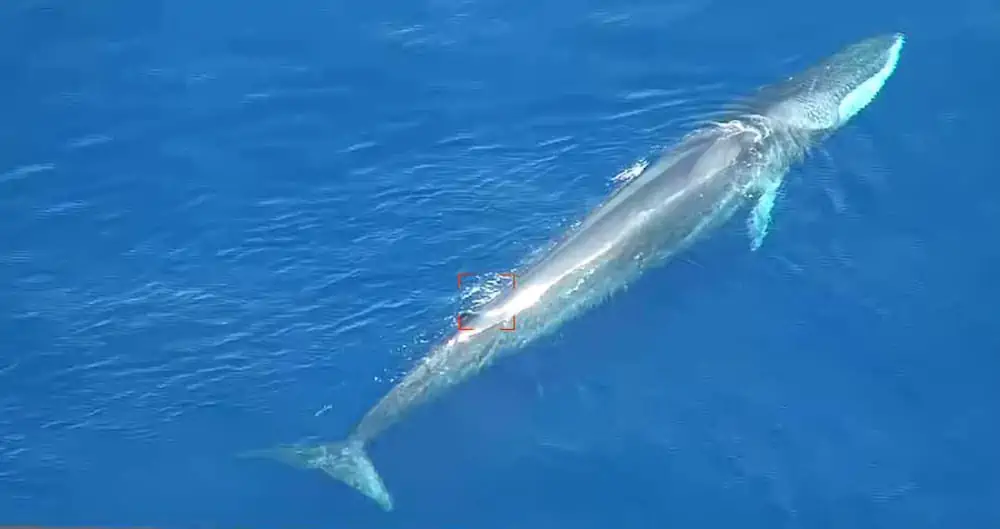
TEKEVER has developed a new deep learning capability for its Unmanned Aerial Vehicles (UAVs) to automatically detect and gather data on marine wildlife.
Leveraging its extensive research into the automatic detection of maritime vessels, TEKEVER has rapidly adapted its AI model and trained algorithms to detect different types of marine wildlife including whales and dolphins.
Through continued investment into deep learning, TEKEVER has developed the capability to detect whales by their thermal signature, as well as direct visual target detection using statistical image analysis techniques. Pods of dolphins are detected using a combination of deep learning and classic computer vision techniques.
This technology is currently being deployed to facilitate marine conservation and research, but can also support sustainable business practices at sea by providing intelligence on the presence of marine species that could be impacted by activity such as the construction of offshore wind farms.
TEKEVER is constantly refining its models based on data obtained during live operations to ensure sophisticated detection performance.
Pelagos Sanctuary Case Study:
In partnership with CLS Group (Collective Localisation Satellites), TEKEVER is supporting the Italian Coast Guard by deploying its AR5 unmanned fixed wing aircraft to monitor whale migration and merchant vessels in the Pelagos Sanctuary, an 84,000 square kilometer protected marine area located between Italy, Monaco and France.
The deployment of the AR5 in these waters marks the first time a drone is being used to monitor and collect data on marine wildlife, and has already enabled the detection of a wounded whale. This is one of several drone operations TEKEVER has conducted under its contract with the European Maritime Safety Agency since 2018.
“Our new smart detection capability will prove instrumental in advancing our understanding of marine life and ensuring the continued protection of important species in their habitats,” said Ricardo Mendes, CEO of TEKEVER. “With the conservation of our environment rising to the top of the agenda for governments and organizations, our unique technology also enables sustainable business practices at sea that minimizes disruption to marine wildlife.”
Peter Saddington, Principal Engineer, added: “TEKEVER has extensive experience operating unmanned aerial systems to detect activity on the water and provide real-time intelligence, surveillance and reconnaissance data. We are excited to now be applying this advanced technology to a new domain centred on marine life protection and conservation.”










